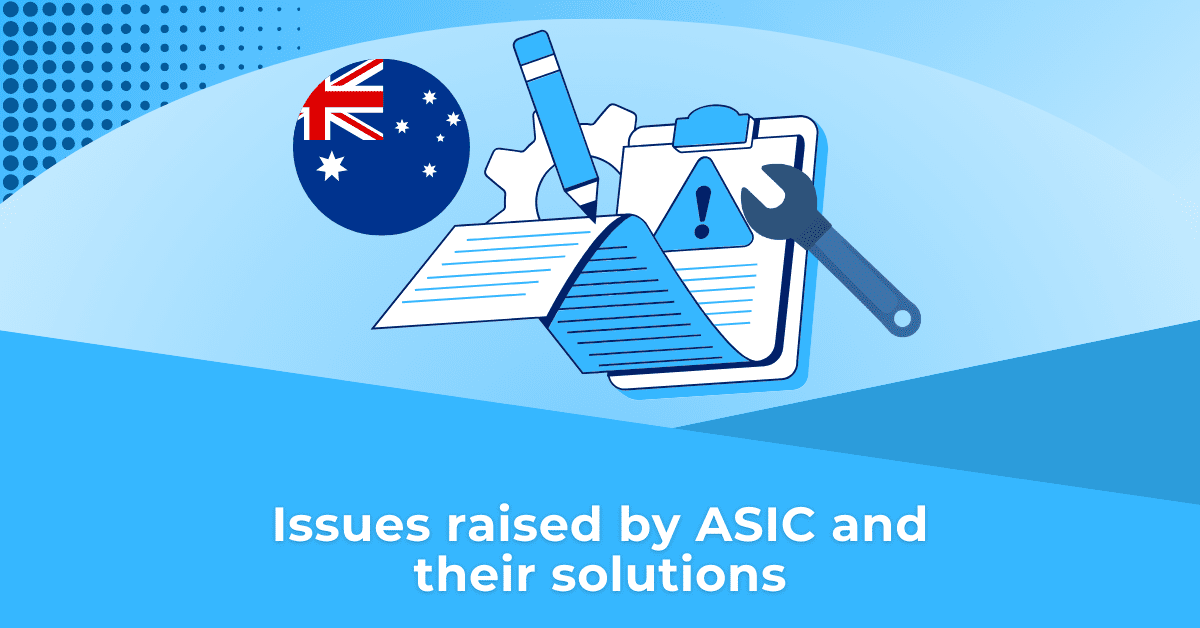Background
ASIC recently issued infringement notices with fines to AMP Life Limited (AMP Life) and AMP Capital Investors Limited (AMP Capital) based on alleged contraventions of the ASIC Derivative Transactions (Reporting) Rules 2013 (ASIC Rules). The total fines were $526,000.
Summary of alleged contraventions
For periods between 2015 and 2018, both entities:
- failed to correctly report, or report at all, core information and/or collateral information for Reportable Transactions; and
- failed to take all reasonable steps to ensure it was reporting information under the ASIC rules, whether reported by AMP or its delegate, that was and remained at all times complete, accurate and current,
to a Licensed Repository or a Prescribed Repository within the specified timeframe.
What can we learn from this incident?
Lesson 1 – The past isn’t the past
The breaches went back as far as August 2015 and covered over two years for each entity. Just because an error was a few years ago doesn’t mean there is no obligation to inform ASIC or perform remediation.
Lesson 2 – Fix the mistakes in a timely manner
The last breaches occurred in 2018 and the two infringement notices were only issued on 5 February 2020. The gap of around 1.5 years could imply that ASIC had a significant consultation and remediation interaction period with the AMP entities well before issuing the fine.
Lesson 3 – Trade reporting is more than just reporting trades
AMP failed to report the collateral information to a trade repository on 9,999 transactions. Many AFSL holders either don’t understand the requirement to report collateral (or valuation) information. Speak to us for more details on how to get collateral reporting right.
Lesson 4 – Rely on yourself
Whilst delegated reporting in itself isn’t a bad idea, leaving the job to a counterparty or liquidity provider (BNP Paribas in AMP’s case) where:
- the trade reporting is not their core focus, skill or revenue stream; and
- they may be struggling to complete their own trade reports in an accurate and timely manner,
is something that needs to be regularly reviewed and monitored.
Lesson 5 – Check your work
In the case of AMP, ASIC noted that the duration of each of the reporting failures was significant and the time taken to identify them shows “serious inadequacies in AMP’s internal and outsourced processes and procedures for monitoring the accuracy of its reporting”. You need to have systems and procedures in place to identify and rectify both individual errors and fundamental inherent in the system.
See our suggestions on the checks you should regularly be doing to minimise errors.
Lesson 6 – Be a team player
Even large well-resourced compliance departments like AMP’s need help. If you are not using a delegated reporting provider like TRAction, then you should at least be getting someone with real world experience of trade reporting.




